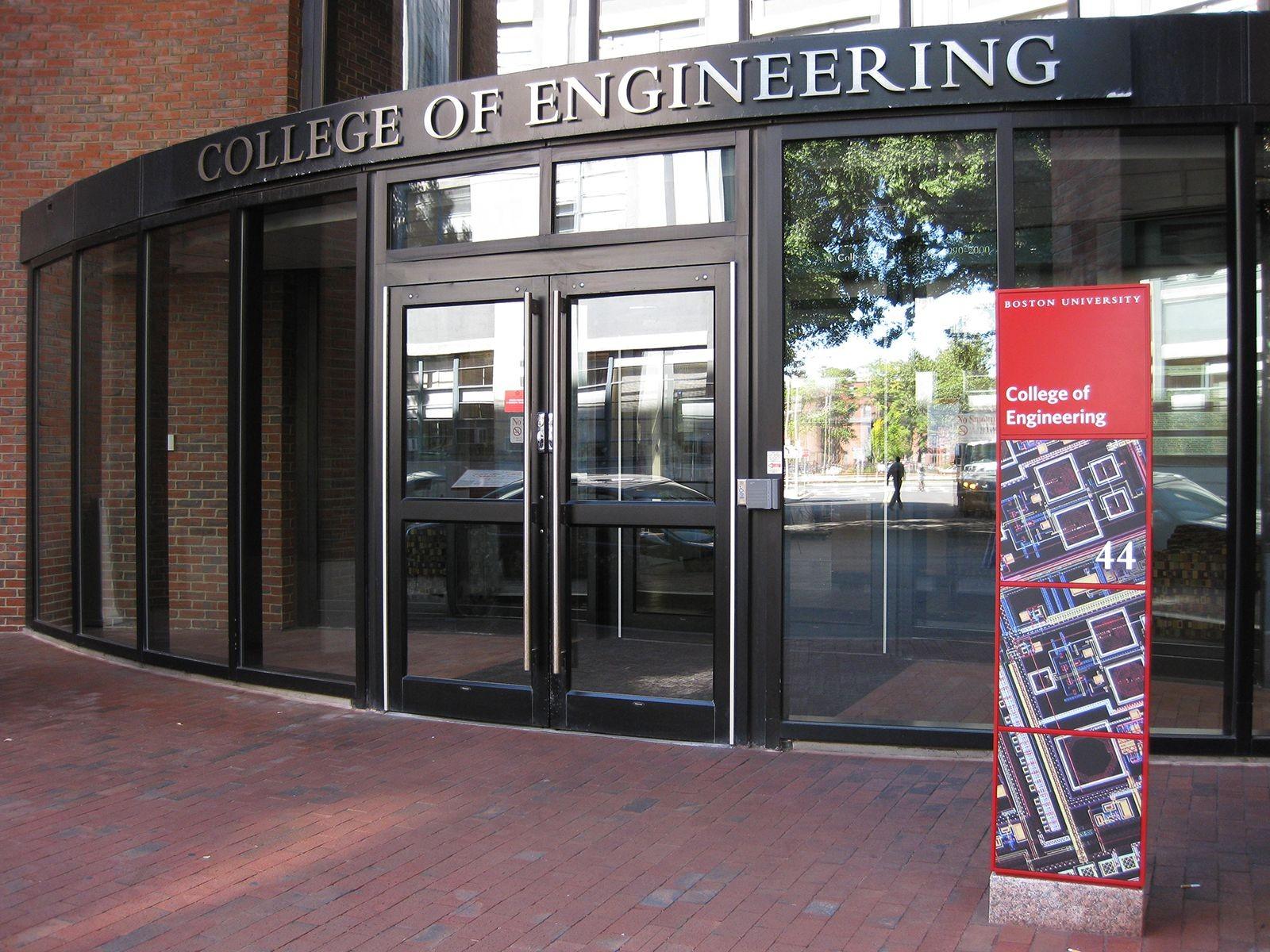Colleges and universities have seen an increased percentage of students earning science and engineering degrees, a Monday study by the National Student Clearinghouse Research Center found.
The study compared the gender distribution by degree type and by discipline within each degree type. The percent of women earning science and engineering degrees has remained nearly the same in the past decade, and there have been changes within the field itself, according to the report.
“There is probably a lot of debate out there as to what the numbers should be, but one thing that everyone can agree on is that society is benefited when everyone has a chance to develop their interests and potential,” said Jason DeWitt, research manager at the Clearinghouse and author of the study. “We hope that the data informs the conversations going on around that topic.”
There has been little or no change in the percent of women pursuing bachelor’s and master’s degrees in the sciences, according to the report. However, there was a 7 percent decline in women earning doctoral degrees in those fields.
At the bachelor’s level, the percent of women studying in computer science declined 4 percent, the report stated. For the physical sciences, there was a 3 percent decline.
Although the overall number of women earning doctoral degrees has declined, they have made gains within specific disciplines, DeWitt said.
“That is one thing that is easy to overlook, but it is important because today’s doctoral students will be the faculty leaders and mentors of tomorrow,” he said. “There is something important about that and what that means for tenure-track faculty.”
Since 2004, the percent of women earning earth, atmospheric and ocean science doctoral degrees increased by 10 percent while those studying biological and agricultural sciences increased 6 percent, the report stated.
Despite these gains, women still find themselves as a minority in the science and engineering field. At the bachelor’s, master’s and doctoral level, women earn a smaller percentage of science and engineering degrees then men. The discrepancy is greatest at the doctoral level, where men earned 60 percent of all science and engineering degrees.
David Coker, a professor of chemistry in Boston University’s College of Arts and Sciences, said a host of benefits arise from having more people earn degrees in science-related fields.
“Having more people better trained in science and engineering will mean that we can develop the sort of technologies that we need to address the sorts of challenges that we will face in environment and energy utilization in the future,” he said.
While there are opportunities and initiatives to encourage more women to go into science fields, gender representation still needs to be addressed, Coker said.
“When I first came to BU, we had none [women chemistry professors], and now we have more than that, which is great, but there still aren’t equal numbers. Every faculty search that we run, we have to identify and go after woman candidates to try and change this gender imbalance.”
Several students studying science and engineering said they hope to continue seeing an increase in women in the field.
Donovan Guttieres, a junior in ENG studying biomedical engineering, said BU benefits from the women studying science and engineering at the school.
“It seems that an increasing number are entering the STEM fields. Such a perception may be due to the great involvement they seem to have in research, leadership positions and other extra-curricular activities,” he said. “Being on the board of Engineers Without Borders, a student group at BU, six of the nine positions are held by women engineers, showing their dedication and willingness to compete with the rest of the class.”
Amalia Safer, a sophomore in CAS studying computer science, said she hopes to see more women enter the science and engineering field.
“I personally like math and logic puzzles, and I’m having a lot of fun in the computer science major at BU,” she said. “A study like this is just the first step. Now that we know that there are fewer women in the sciences, we need to figure out why.”
Megan Hollander, a senior in the College of Engineering studying mechanical engineering, said although there are support organizations such as the Society of Women Engineers for women in science disciplines, there is still is a divide between the sexes.
“Society tends to encourage men to receive degrees in this field rather than women … Girls grow up thinking that engineering and science is mainly for boys,” she said. “Also, since these fields are male dominated, sometimes, it becomes harder for women to become successful and confident in their fields, which can discourage women from pursuing these types of degrees.”

















































































































